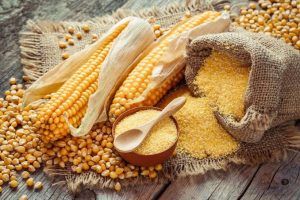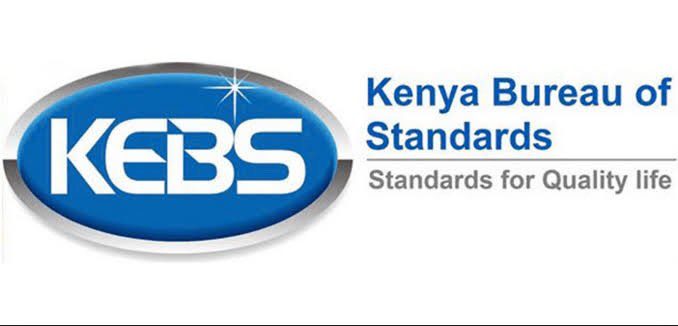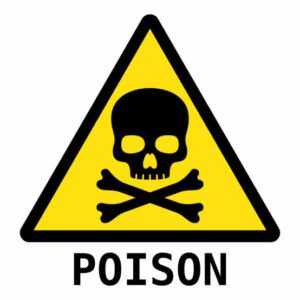The Kenya Bureau of Standards (KEBS) has reportedly released an alert to the general public, regarding certain poisonous foods hitting the Kenyan market since the closure of schools by the Education Cabinet Secretary; George Magoha.

Martin Masibo who is the Technical Adviser to Kenya Bureau of Standards’ (KEBS) Managing Director; Bernard Njiraini, on the 5th of August 2020 made it known that Kenya’s general public has been unknowingly consuming Maize with a very high level of Aflatoxin.
The affected Maize came from schools who resorted to sell their Maize to Millers in a bid to make use of the foodstuff purchased from Suppliers before COVID-19 hit Kenya on the 13th of March 2020.
Martin Masibo said, “We always carry out inspections and tests for aflatoxin to ensure that flour is up to par. Unfortunately, some shrewd companies flout the stipulated guidelines.”
He also made it known that a surveillance team has been set up to be used to fish out all the individuals and firms who are involved in the selling of the contaminated flour. A number of maize products have already been pulled out of the market.
The Technical Adviser added that the heavy rains and poor storage in the Maize growing regions are both factors that contribute to the rather high aflatoxin levels and urged millers to regularly check the aflatoxin levels while also making efforts to store food the right way.
All millers are required by the Kenya Bureau of Standards (KEBS) to have machines that test for Aflatoxin levels. These machines cost around 1 million Kenyan Shillings and ensure that the maize is of high quality.
The safety of students who consume Maize and Maize products purchased in and from schools is now being doubted. Especially since it has been revealed that Aflatoxin leads to several immune diseases as well as Cancer.

According to kenyans.co.ke suppliers on the 8th of July 2020, revealed that they are about to lose 1.2 billion Kenyan Shillings in supply of food and equipment and asked that the Education Cabinet Secretary; George Magoha should put measures in place that would help soften the blow from said losses.
Domestic and Livestock Animals have also been negatively affected by aflatoxins. This development led to the Kenya Bureau of Standards (KEBS) launching a seperate investigation into claims that certain pet foods might be toxic and directly responsible for the death of a number of animals including dogs. These deaths occurred some parts of Kenya in July 2020.
kenyans.co.ke also claims that Kenya has been hit with a shortage of maize. Several millers have also talked about a possible increase in flour prices in the not so distant future.
The Chief Executive Officer of Cereals Millers Association; Paloma Fernandes during a television interview on the 31st of July 2020 revealed that farmers were taking advantage of the ongoing pandemic just in case the Kenyan government decides to step in, to increase the current price of purchasing Maize.
Are there any other topics, news or categories that you would like us to write on? Feel free to reach out to Mpesa Pay in the comment section.



